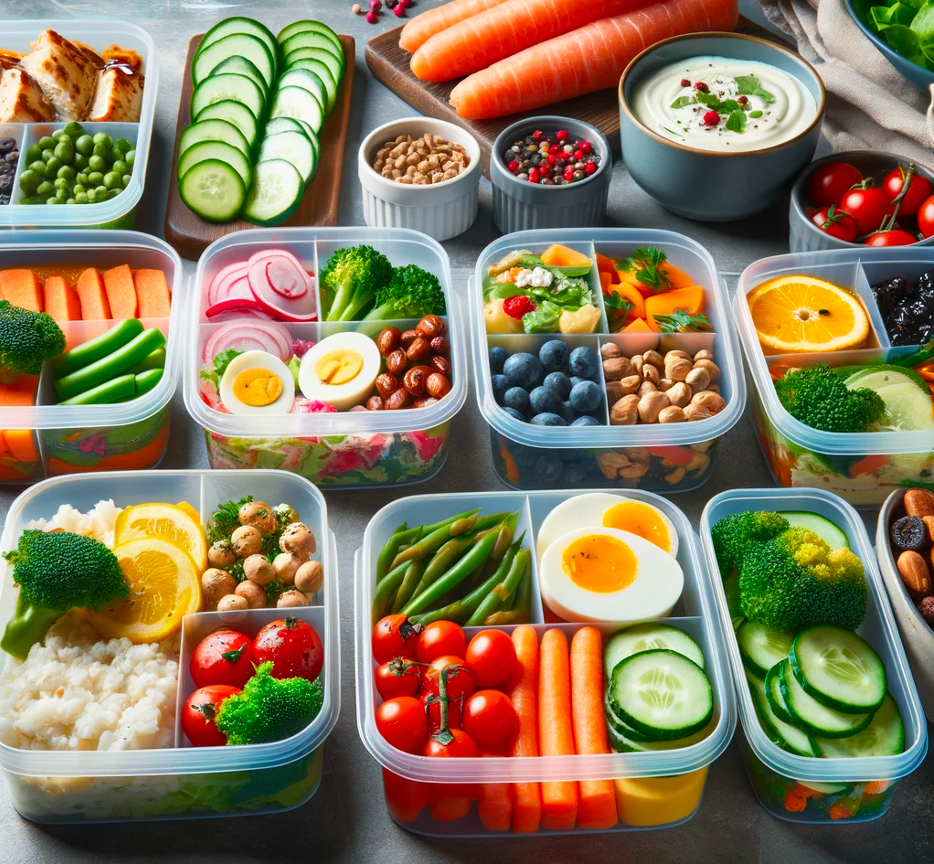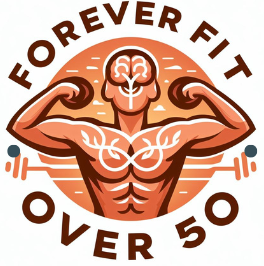As we age, our bodies undergo various changes that can significantly impact our nutritional needs and overall health. After 50, these changes become more pronounced, necessitating adjustments in our diet and lifestyle to maintain our health, energy, and quality of life. Understanding these needs, adapting our eating habits, and overcoming dietary challenges are crucial steps towards a fulfilling and vibrant senior life. Here’s how you can navigate the golden years with nutrition that supports your body’s changing requirements.
Understanding Nutritional Needs After 50
The Shift in Nutritional Requirements
As we enter our 50s and beyond, our bodies start to demand more nutrients while our metabolism slows down. This paradoxical situation means we need to be more mindful of what we eat, ensuring we get enough vitamins, minerals, and other essential nutrients without overloading on calories. Calcium, for example, becomes increasingly important to support bone health, while vitamin D is essential for calcium absorption and immune function. Fiber is crucial for digestive health, and potassium is needed for blood pressure regulation.
Incorporating Hydration into Daily Routine
Hydration also plays a pivotal role in our overall health, yet it’s often overlooked. With age, our sense of thirst may diminish, leading to inadequate fluid intake and dehydration risks. It’s important to make a conscious effort to drink fluids throughout the day. Water, herbal teas, and water-rich fruits and vegetables can contribute to daily hydration needs.

Practical Eating Tips for Enhanced Health
Adapting to Appetite Changes
Many seniors experience a decrease in appetite, which can make it challenging to consume enough nutrients. Focusing on smaller, nutrient-dense meals can help ensure you’re getting the vitamins and minerals your body needs. Incorporating a variety of colors on your plate can not only make meals more appealing but also ensure a range of nutrients.
Making Smart Choices at the Grocery Store
When shopping, aim for whole foods like fruits, vegetables, lean proteins, and whole grains. Reading labels is essential to avoid foods high in sodium, added sugars, and unhealthy fats. Planning your meals in advance can help streamline your shopping process, ensuring you have all the necessary ingredients for nutritious meals throughout the week.
Meal Prep for Convenience and Nutrition
Meal preparation can be a game-changer for eating well. Preparing batches of healthy meals that can be easily reheated can save time and ensure you have healthy options on hand. Simple recipes with fresh ingredients not only offer nutritional benefits but also the joy of eating homemade food.

Overcoming Common Dietary Challenges
Navigating Dietary Restrictions
Many seniors manage health conditions that require dietary restrictions. Whether it’s low sodium for heart health or sugar control for diabetes, making informed food choices is key. Consulting with a dietitian can provide personalized advice to meet your nutritional needs without sacrificing flavor or variety.
Eating Nutritiously Within Budget
Eating well doesn’t have to be expensive. Buying in bulk, choosing generic brands, and focusing on seasonal produce can help stretch your food budget. Plant-based proteins like beans and lentils are not only affordable but also packed with nutrients.
The Social Aspect of Eating
Meals are more than just nutrition; they’re an opportunity for social connection. Sharing meals with friends or family can enhance your eating experience and encourage healthier choices. For those living alone, community senior centers or meal programs can offer both nutritional and social benefits.

Conclusion
Nutrition plays a critical role in our health and well-being, especially as we age. By understanding our changing nutritional needs, making smart eating choices, and overcoming dietary challenges, seniors can enjoy a fulfilling and healthy lifestyle. Remember, it’s never too late to make positive changes to your diet. With each meal, you have the opportunity to nourish your body and enhance your golden years.

This was a great read!
I have seen myself the impact that poor dietary habits have on the body, especially as one ages. It’s great to see more education specifically for seniors so that hopefully we can see an improvement in their health and quality of life.
I found it quite interesting to hear that seniors become less thirsty, I wonder why that is? Anyways, I appreciate this information, and will certainly be sharing it with the seniors in my family when the opportunity presents itself.
All the best.
Thank you so much for your kind words and for sharing your personal insights, Ruby! We’re delighted to hear that you found the article informative and valuable.
The impact of dietary habits on overall health, particularly as we age, is indeed significant, and increasing awareness and education for seniors can truly make a difference in their quality of life.
As for seniors becoming less thirsty, it’s a fascinating aspect of aging that can be attributed to various factors, including changes in thirst perception, decreased kidney function, and medications. While the exact reasons may vary from person to person, staying hydrated is crucial for maintaining optimal health, especially for seniors.
We’re thrilled that you plan to share this information with the seniors in your family. Empowering them with knowledge about healthy habits can have a profound impact on their well-being.
Thank you for your support, and all the best to you as well! If you have any further questions or topics you’d like us to cover, feel free to reach out. 🌟